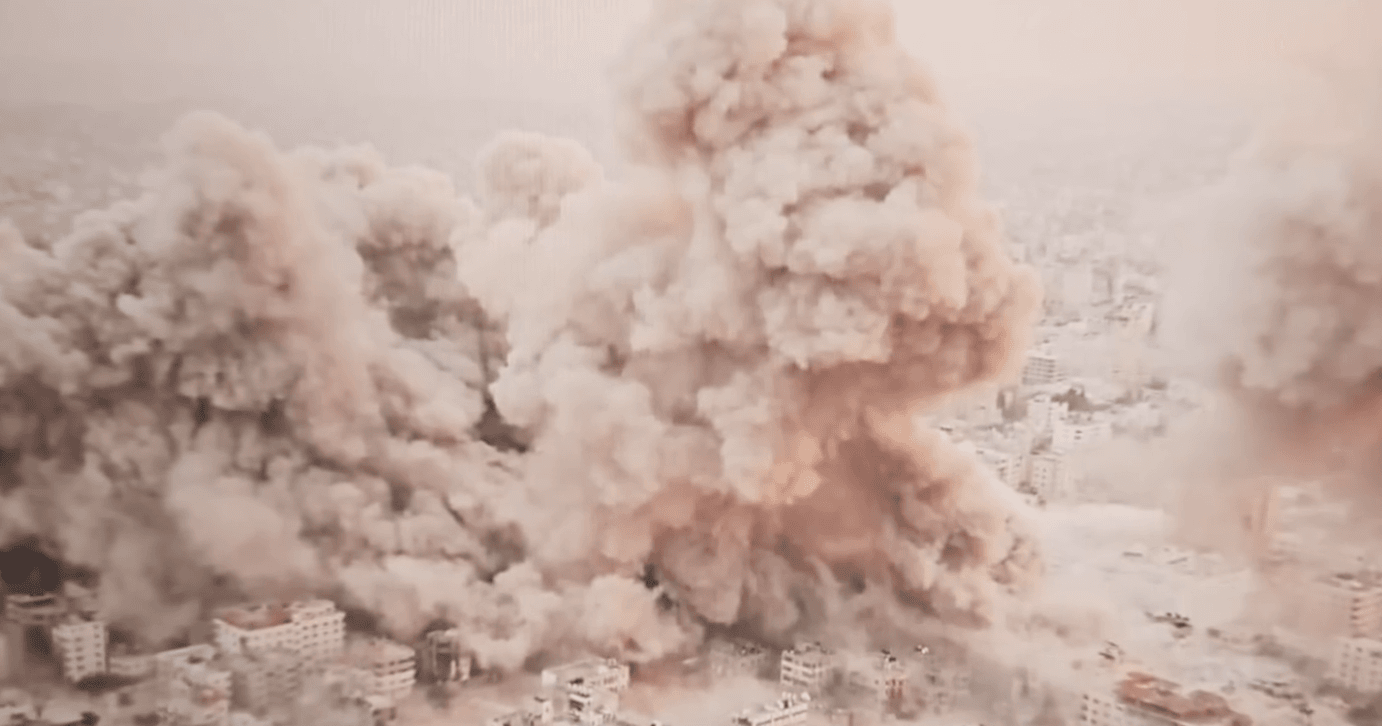THE idea of political violence is horrific isn’t it? It needs to be condemned by everyone and the standards of democratic norms promoted and espoused. Yes, of course. That is one caravan of love we can all get into – if it was not for the nauseating hypocrisy and sheer brass neck of those pontificating on the subject and who seem to be driving this particular campaign bus.
The assassination attempt on Donald Trump has brought about an apparent softening to the edges of political debate in America. For now. And that is a good thing. Political ideas should be at the heart of politics and any contest should be on their merit, rather than the threat of violence. Donald Trump’s statement on the day certainly took that tone and Joe Biden’s even more so in his Presidential address that night.
Sitting in a White House built by slaves whose parents and grandparents were brought to the United States in acts of political violence, after the American Revolution where political violence established their country, and surrounded by photos of past Presidents who led their country in domestic civil war and in scores of international overt and covert wars, while planeloads of US bombs are emptied by the Israeli government on to hospitals and refugee camps in Gaza, it was quite the disconnect to say that political violence was “unheard of” in the United States.
Former US President Donald Trump has survived an assassination attempt during a Pennsylvania election rally.
— Al Jazeera English (@AJEnglish) July 14, 2024
Here’s a minute-by-minute breakdown of what happened https://t.co/ubnlFNZdCK pic.twitter.com/ThaMs2P3MP
Not wanting to be left behind, the BBC did a little package on our own relationship with political violence. Beginning with an interview with former MP Nigel Dodds, who suffered an attempted assassination himself in 1996, the package focused on “terrorism”. Mr Dodds' and his family’s experience of political violence was undoubtedly severely traumatic and it is unlikely that they ever truly recovered from it. The message was that political violence has no place in politics now and never did have. That message was reinforced by other political representatives from the Ulster Unionists, the SDLP and Alliance. All reiterating the same thing.
The final interview was with John Finucane MP, who focused on the experience of Donald Trump and somehow managed not to make it about himself, despite his own experience of political violence when the British state procured and directed the assassination of his father in front of him in 1989. Something the BBC chose not to highlight in the package.
Indeed, the experience of Sinn Féin as a party whose public representatives and members were targeted and murdered in a campaign of political violence by the British state went strangely unmentioned. It is not an experience which is difficult to recall given that only last year the murders of Sinn Féin Councillors Eddie Fullerton and Bernard O’Hagan were the subjects of a devastating Police Ombudsman Report which identified systemic British state collusion in the killings. Or that of mother of two Theresa Clinton, whose husband had stood as a Sinn Féin candidate, whose home was targeted by UDA state agents with full knowledge and direction of the RUC, and was murdered in her own living room 30 years ago this year in an act of political violence.
Political violence and its use is a part of the systemic machinery of modern governments, they just don’t want to scare the children by owning up to it, or indeed owning it at all.









